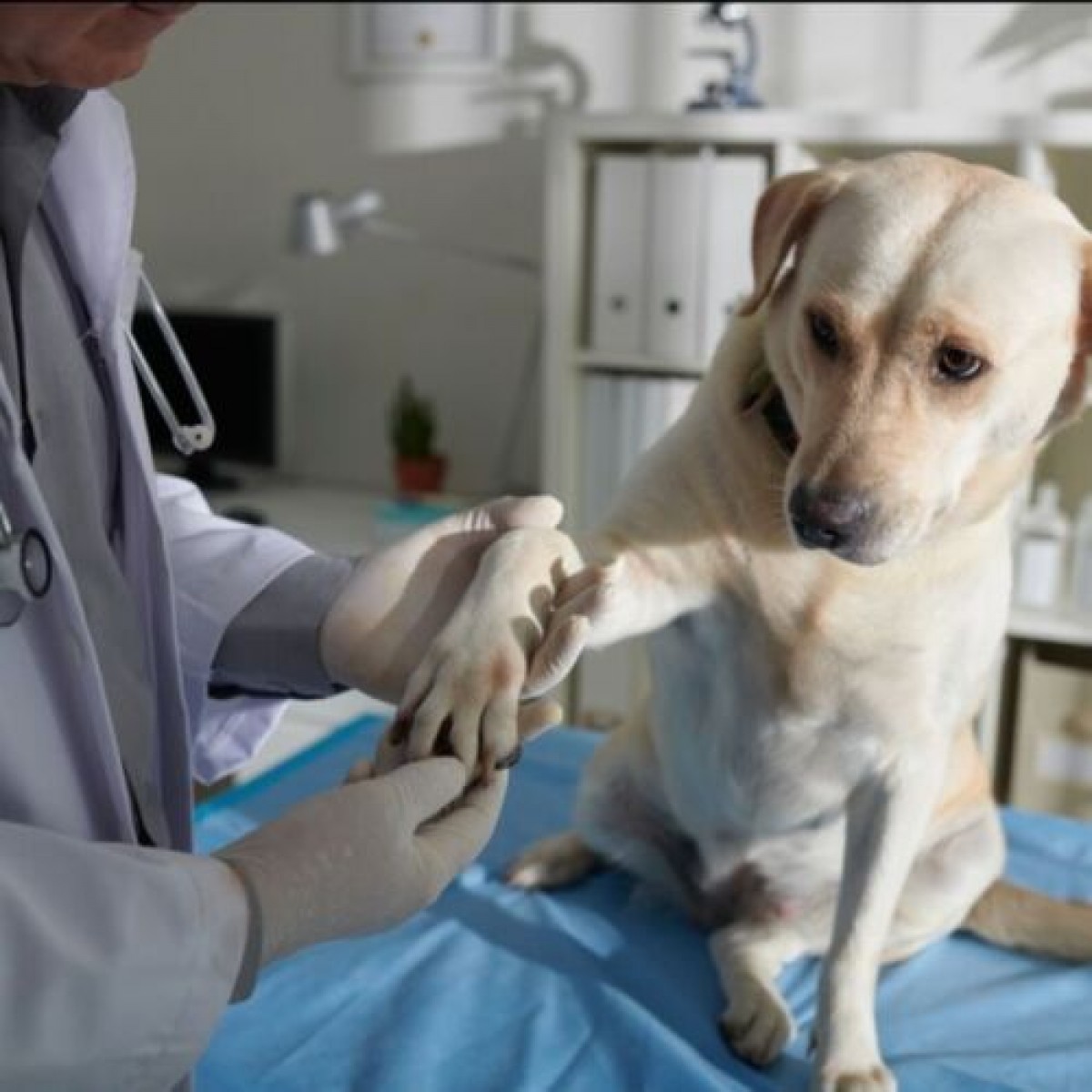A 12-year retrospective study of canine testicular tumors
To provide up-to-date information on the incidence and risk factors of canine testicular tumors, 476 pathological reports of male canine tumors from two institutes of veterinary medicine in Taiwan over a period of 12 years were reviewed.
The detection rate of testicular tumors was 16.8% (80/476) in male canine tumors, and 94.1% (80/85) in male genital tumors. Ninety-six testicular tumors from 80 dogs were identified in this study, including 33 (34.4%) seminomas (SEMs), 25 (26%) interstitial cell tumors (ICTs), 22 (22.9%) mixed germ cell-stromal cell tumors (MGCSCTs), and 16 (16.6%) Sertoli cell tumors (SCTs). Of the 96 testicular tumors, 52 (54.2%) tumors developed from cryptorchid testes in 45 dogs (56.3%), and 44 (45.8%) tumors developed from scrotal testes in 35 dogs (44.7%).
Cryptorchidism was significantly associated with development of MGCSCTs, SCTs, and SEMs, but not ICTs (p<0.01). The detection rate of testicular tumors in the dog younger than 10-years-old was significantly associated with cryptorchidism (p<0.01). Except for mixed breed dogs, the Maltese breed had high detection rate of testicular tumors, and may have high risk in cryptorchidism in this study.
In conclusion, our results indicate that cryptorchidism alone or in addition to age will significantly affect the incidence and type of canine testicular tumors, and a high detection rate of testicular tumors in Maltese dogs is documented for the first time.
Authors: Albert Taiching LIAO, Pei-Yi CHU, Lih-Sen YEH, Chung-Tien LIN, Chen-Hsuan LIU
Source: https://www.jstage.jst.go.jp/









List
Add
Please enter a comment